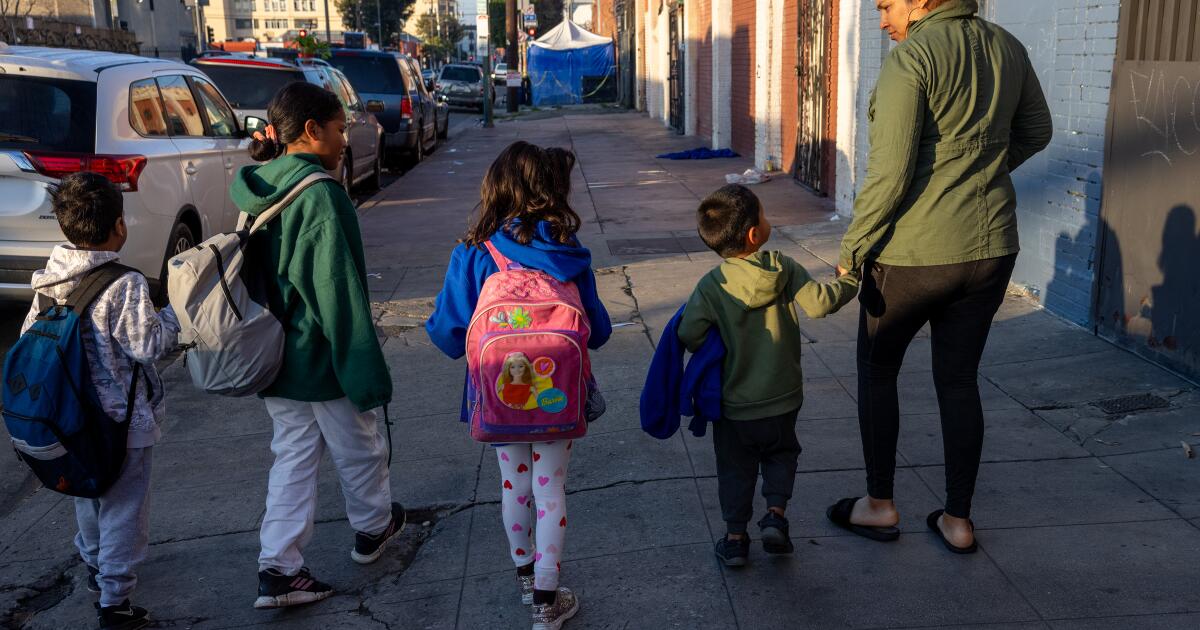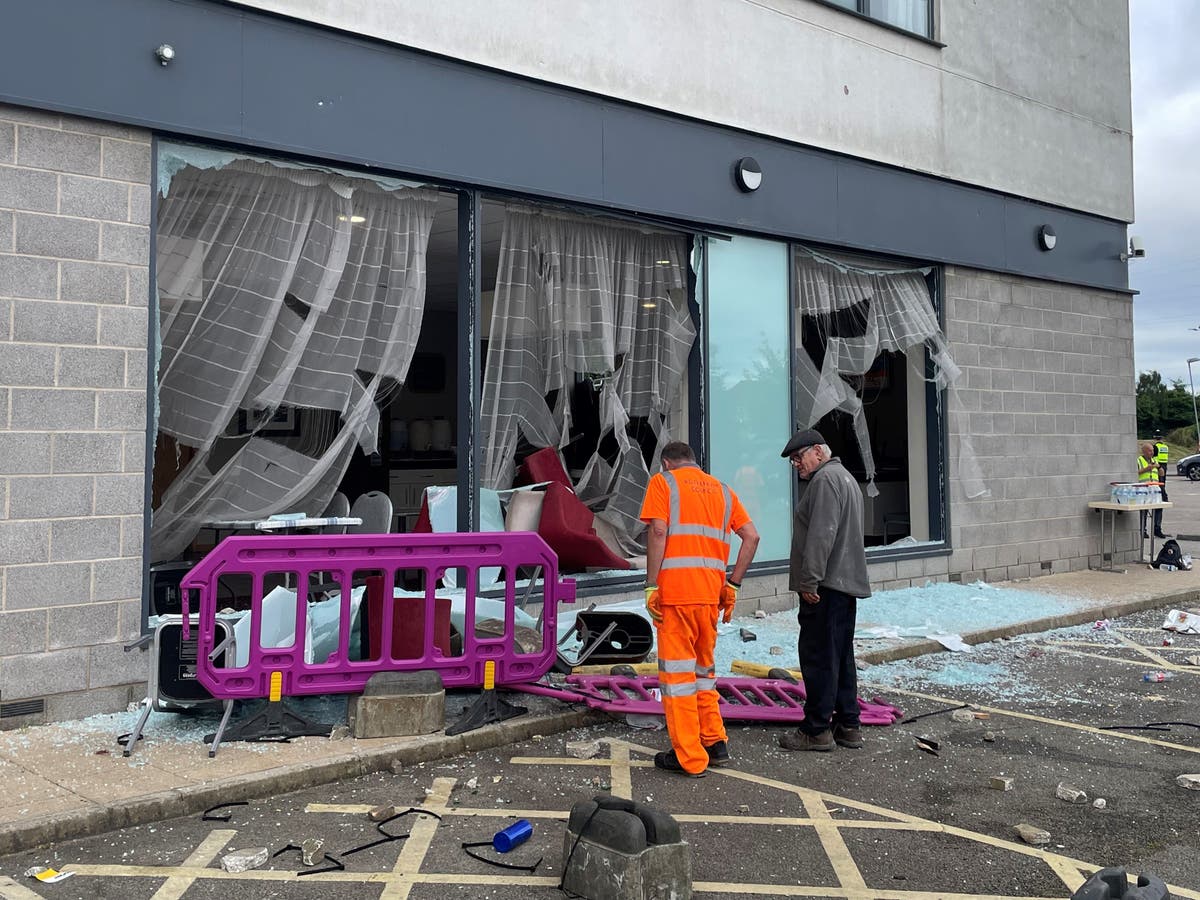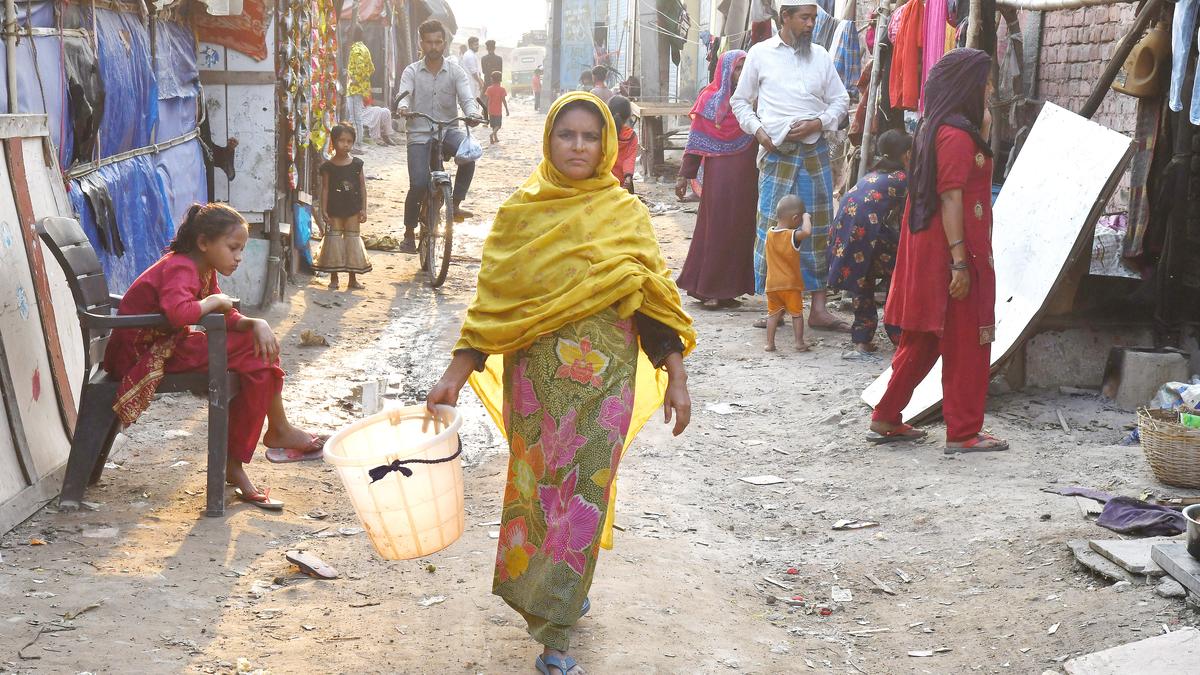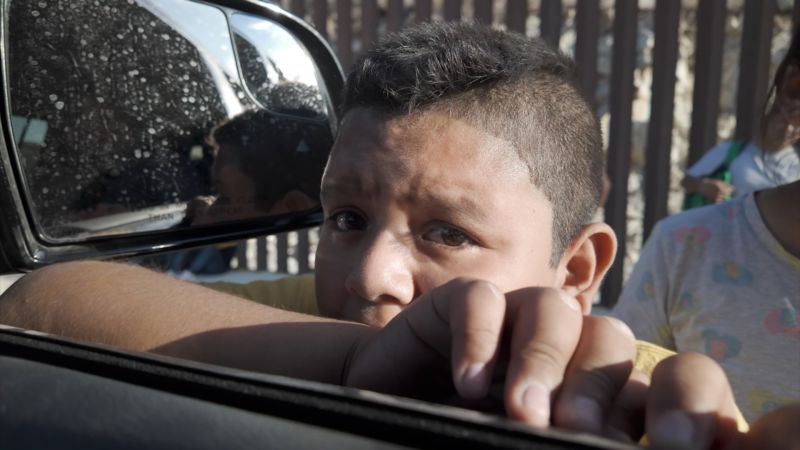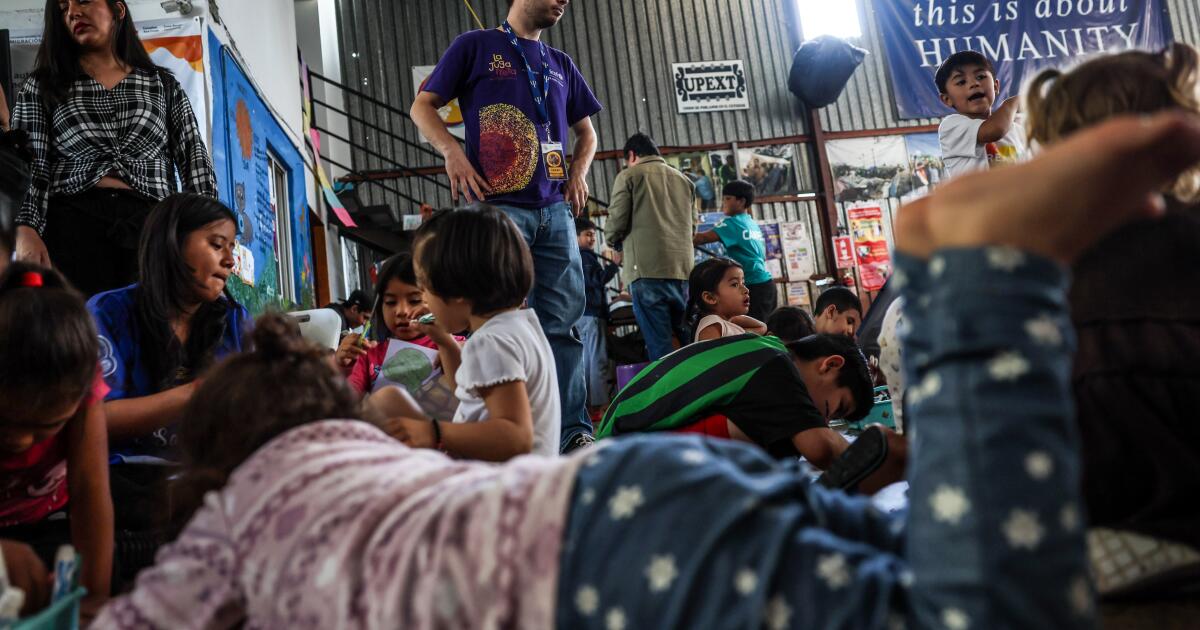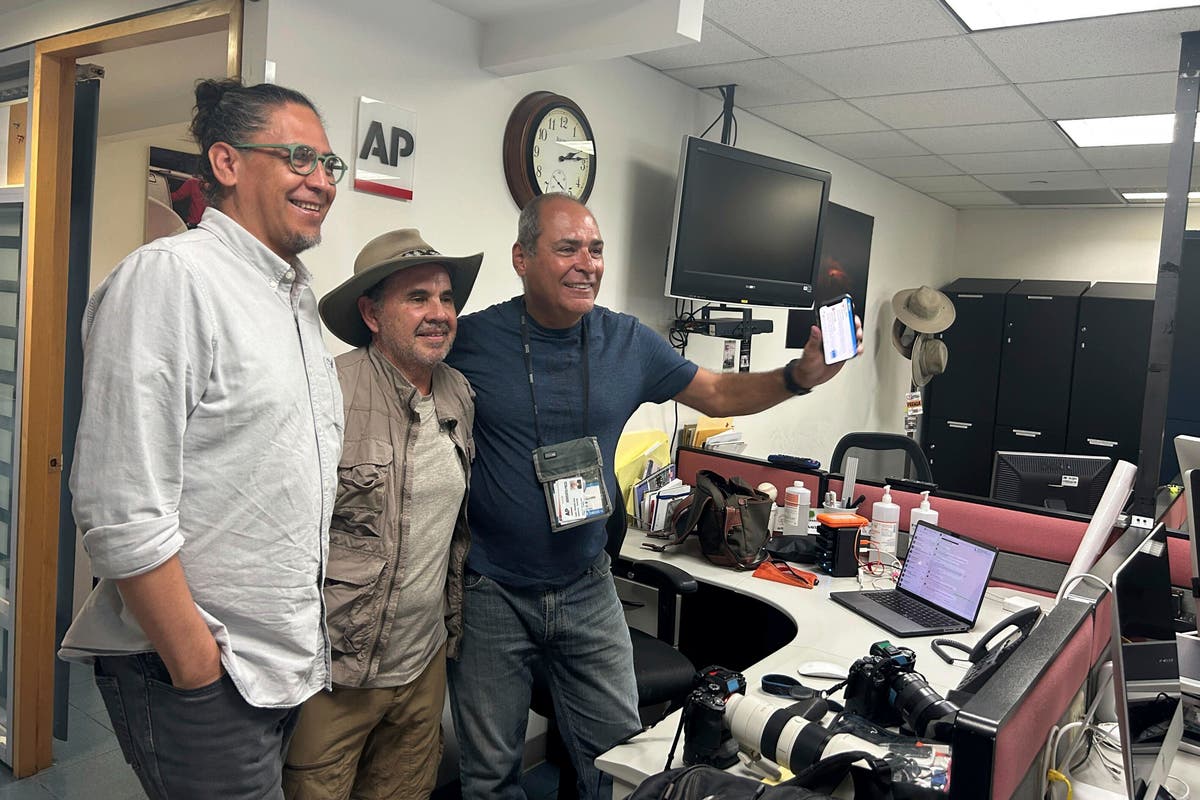
Migrant shelters try to help traumatized assault survivors
Associated PressCIUDAD JUAREZ, Mexico — Since he began volunteering two months ago for weekend shifts at a clinic in one of this border city’s largest shelters, Dr. Brian Elmore has treated about 100 migrants for respiratory viruses and a handful of more serious emergencies. Some don’t even realize they’re in the U.S.” In the past six months, Reyes Borrero and a colleague have helped about 100 migrants at Catholic Community Services’ Casa Alitas, a shelter in Tucson, Arizona, that in December was receiving about 700 people daily released by U.S. authorities and coming from countries as distinct as Congo and Mexico. They need “first-aid mental health” as well as long-term care that’s even harder to arrange once they disperse from border-area shelters to communities across the country, he added. In many cases, forensic evaluations at border clinics that document mental and physical abuse are also crucial to migrants’ asylum cases, because often no other evidence is available for court proceedings, Byimana said. “There’s a different tension and fear in faces than I’ve seen before,” said Howell, who’s been researching trauma and forced migration for 15 years.
History of this topic

In El Paso, pastors offer waiting migrants shelter and counsel
Associated Press
Migrant shelters try to help traumatized assault survivors
The Independent
Migrants hopeful, suspicious at US reopening to asylum
Associated Press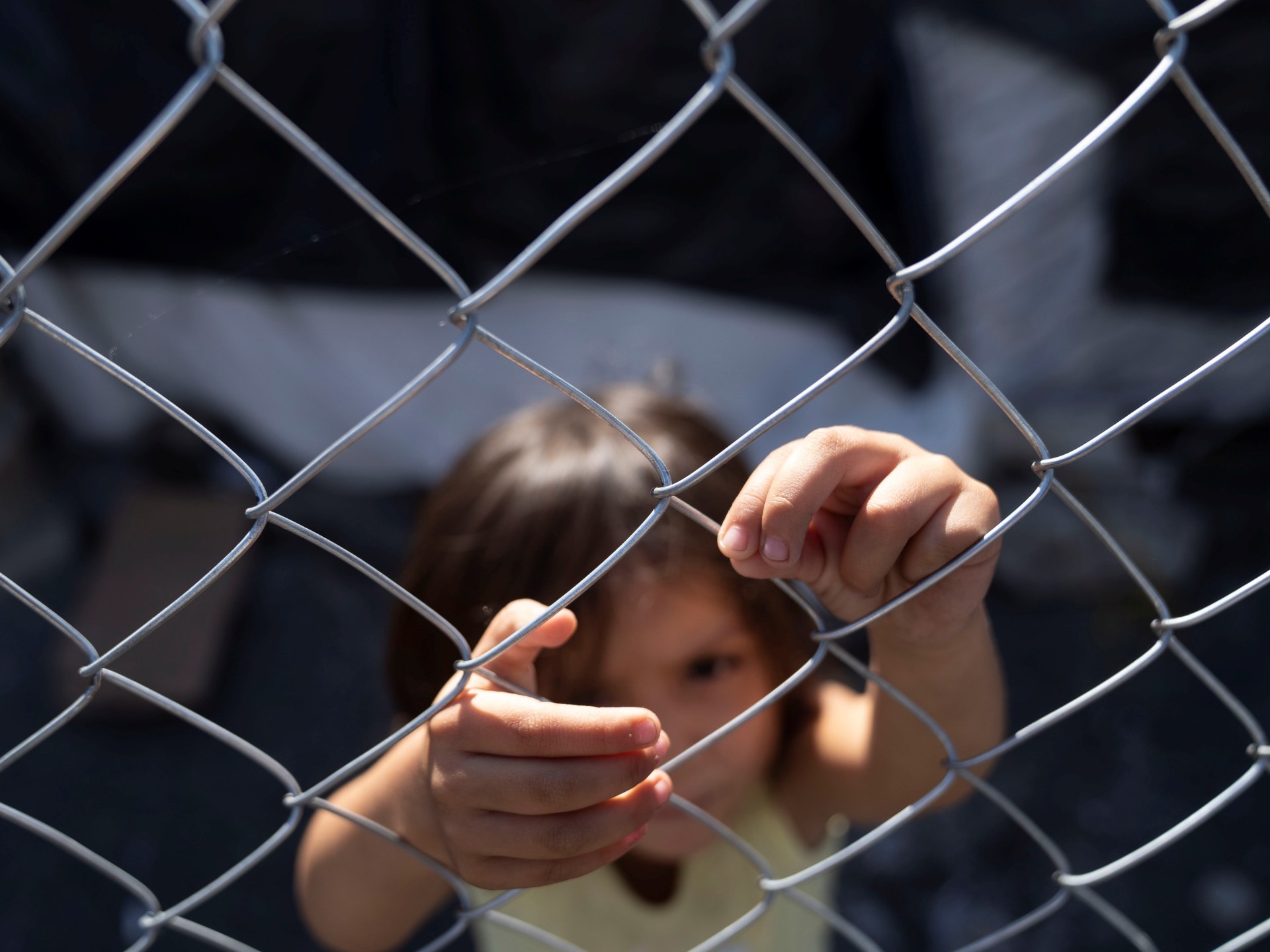
At US-Mexico border, asylum seekers maintain hope amid hardships
Al Jazeera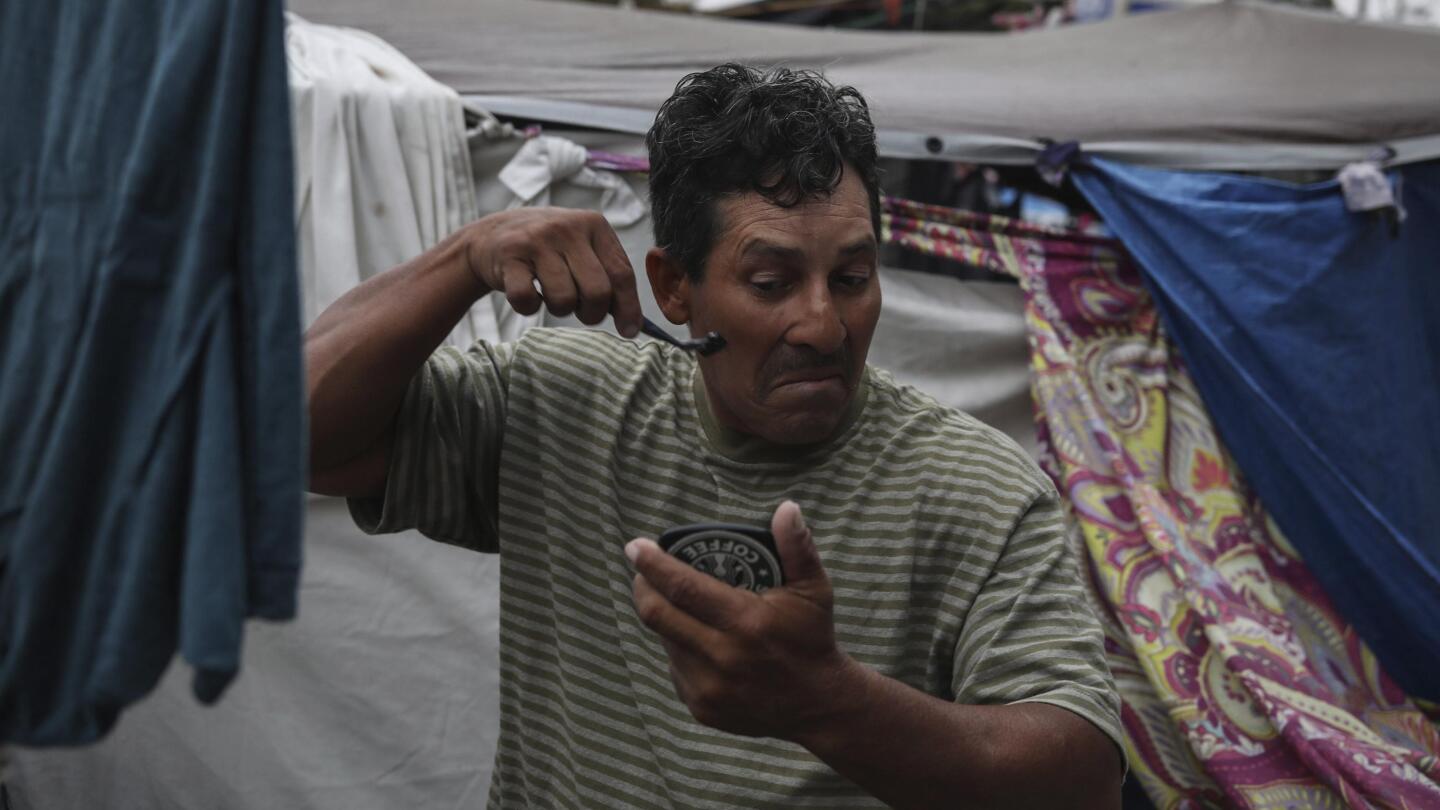
Conditions worsen at asylum seekers’ camps in north Mexico
Associated PressDiscover Related











